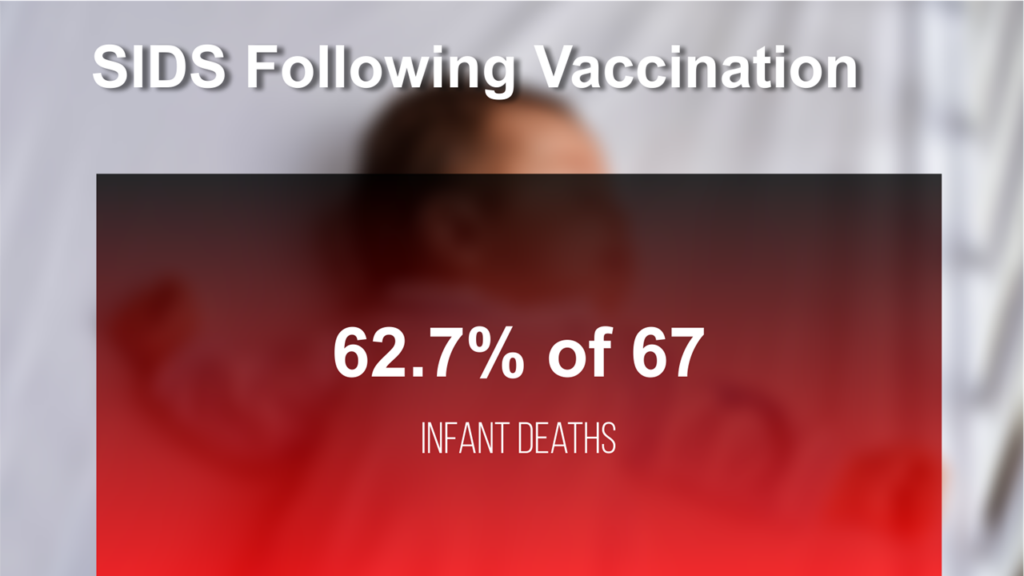Rush to legalize assisted suicide (UK). Have the vulnerable become expendable?
Alex Schadenberg
Executive Director,
Euthanasia Prevention Coalition
 |
| Sonia Sodha |
Sonia Sodha is an Observer columnist who wrote a challenging article that was published by the Guardian on April 13, 2025. Sodha asks if the rush to legalize assisted suicide has made the vulnerable expendable?
Sodha, explains how dangerous the proposed UK assisted suicide bill, that is sponsored by Kim Leadbeater (MP) is. The article begins by telling two stories of people who died by assisted suicide at a clinic in Switzerland:
Last month, ITV News reported on the case of 51-year-old Anne, who travelled to a Swiss assisted suicide clinic to end her own life after her only son died. The first her family knew of it was when they received the goodbye letters Anne had posted them from Switzerland. It follows another case from 2023, when 47-year-old Alastair Hamilton went to the same Swiss clinic after telling his mother he was going on holiday. He had been suffering from stomach problems but had no diagnosed illness.
Sodha explains that similar stories have been reported in Canada. She then comments on the reality of what a six month terminal diagnosis means:
…That’s more subjective than it might sound: in Oregon, for example, doctors have interpreted terminal illness to include malnutrition from eating disorders, and the assisted dying bill’s sponsor, Kim Leadbeater, rejected amendments backed by eating disorder charities to prevent this happening here. Having learning difficulties or a mental illness, feeling depressed or suicidal, or alcohol misuse that might impair judgment would not preclude someone from seeking a medically assisted death. There would be no obligation on assisted suicide providers to notify families their relative is about to die, and no route for relatives to raise concerns about coercion.
Sodha explains what the Leadbeater bill will permit:
Do we really want to live in a society in which a depressed 19-year-old diagnosed with terminal cancer can kill himself with medical assistance, and his parents only find out afterwards? Or in which an older woman who is terminally ill can get an assisted death to avoid being a burden on her adult children, with no opportunity for them to tell her that caring for her would be an act of love rather than obligation? These circumstances would be entirely permissible under Leadbeater’s bill. They are the logical extension of treating medical assistance to kill oneself as healthcare, and as facilitating an adult’s right to make autonomous and private choices.
Sodha is concerned with the speed in which the assisted suicide bill is being pushed. Leadbeater did delay the next debate on the bill by three weeks. Sodha outlines some of the dangerous flaws with the bill:
The judicial safeguard has been eliminated. Instead of judges signing off assisted deaths, this will fall to panels with no investigatory powers, no ability to summon witnesses or to hear evidence under oath, and no obligation to make inquiries beyond hearing from one doctor. External oversight of the system by the chief medical officer has been removed. The NHS can outsource assisted dying to for-profit companies. There is no proper regulatory regime nor any protection for hospices from being financially penalised for not providing assisted dying on their premises. Doctors can proactively suggest assisted dying to under-18s, who can qualify for it from their 18th birthday. These are just some of the problems with the bill. Little wonder that six Labour MPs have written to colleagues calling it “flawed and dangerous”.
Sodha asks how did the UK get here? She points out that some supporters of assisted suicide acknowledge that wrongful deaths will occur. She writes:
There are some intellectually honest proponents of assisted dying who acknowledge that people would suffer wrongful deaths if it were legalised. The brain surgeon Henry Marsh even said in 2017 “if a few grannies get bullied into it, isn’t that a price worth paying for all the people who could die with dignity?”. Grim, though upfront.
Sodha then points out that most of the assisted suicide supporters ignore the real concerns:
But I have watched open-mouthed as some MPs arguing for assisted dying have chosen to ignore what we know about safeguarding to pretend it’s possible to eliminate the risk of people being coerced into killing themselves, through something as cursory as a bit of training for doctors signing it off. Have they not read the same safeguarding reviews that I have, which make clear that even experienced social workers routinely miss cases of domestic abuse? Have they not digested the implications of NHS scandals, such as mid-Staffs, the maternity scandals, and the Tavistock’s clinic for gender-questioning children? Is it arrogance or ineptitude that makes them think they know better than the country’s leading experts on domestic abuse?
Sodha explains that assisted suicide supporters are not only ignoring concerns with the bill but they accuse opponents of the bill as “acting in bad faith”. She writes:
They are perceived as bad folk using words like “risk” and “safeguarding” as a foil for some other irrational opposition to something that’s innately good.
Sodha suggests that many of the supporters of assisted suicide do so with a quasi-religious fervour.
Sodha challenges the British Labour government by stating:
It is an unserious, irresponsible way to make law that could lead to vulnerable or suicidal people being prescribed lethal drugs by the state. Labour seems yet to twig what a serious political problem this could be. Does it really want to be known as the party that failed to fix the NHS so that a parent with probably-terminal cancer could access decent end-of-life care, but instead made it possible for them to kill themselves with medical assistance when they were feeling suicidal?
Sodha completes her article by stating the fundamental point:
I don’t want to live in a society that sees people with complications and vulnerabilities as expendable in reducing the suffering of others. It really is as simple as that. And it distresses me immeasurably that there are MPs who cannot see this is precisely what this bill would achieve.
Previous articles about the UK assisted suicide bill:
- British MP who supported assisted suicide is opposing the assisted suicide bill (Link).
- The UK assisted dying bill gets more dangerous by the day (Link).
- UK assisted suicide bill is losing support and can be defeated (Link).
- Follow the money. Members of Scottish parliament accept money from? (Link).
- Scotland’s assisted suicide bill is dangerous (Link).










